You first need to know that asparagus is a perennial herbaceous plant. There are different kinds of asparagus, so they are of different colors and flavors. In shape, asparagus resembles thick stalks that grow above the ground. Under the ground, asparagus has a root system similar to many other plants. Asparagus is a plant of temperate climate.
However, asparagus is grown in almost all areas. It is worth adding that there are many ways to prepare asparagus. It can be steamed, roasted, fried, or grilled. Asparagus is often used as an appetizer or side dish. It may not be known to many that it is very nutritious and very low in calories.
Spears have many essential vitamins and minerals for the human body, such as dietary fiber and other ingredients that can prevent many diseases. Like many other vegetables, asparagus is healthiest when fresh, so it is worth eating as soon as possible after purchase or harvest, as some of its nutrition disappears. To take full advantage of what asparagus provides. It is needed to be part of the diet to eat various products. After all, overeating can also cause side effects. Everyone should like asparagus, but they should only be eaten in some situations.

There are hundreds of types of Asparagus plant genera. However, one of the best known is Asparagus officinalis L.![]() , found in the Mediterranean region. There is no doubt that this plant has become the most cherished vegetable grown by humans in nearly all the world's regions. Asparagus can be of diverse hues, but the most frequent are green and white, and they both belong to the same plant. At the same time, the contrast is in the technique of growing the plant. Moreover, white spears are liked in Peru, Belgium, and the Netherlands. Green spears, in their turn, are known in the UK.
, found in the Mediterranean region. There is no doubt that this plant has become the most cherished vegetable grown by humans in nearly all the world's regions. Asparagus can be of diverse hues, but the most frequent are green and white, and they both belong to the same plant. At the same time, the contrast is in the technique of growing the plant. Moreover, white spears are liked in Peru, Belgium, and the Netherlands. Green spears, in their turn, are known in the UK.
Green asparagus is quite popular, and it is what we think of when we hear the word asparagus. Its gorgeous green hue comes from the light. The spears of green asparagus grow above ground, and as they are in touch with sunlight, they form chlorophyll—the ingredient that gives the plants their typical green color. It is a fairly thin shoot but rich in flavor. The shoot does not require peeling—it is more tender and thin.
Types of asparagus that are often chosen are presented above. White asparagus vegetables grow underground, do not come into contact with the sun, and, therefore, do not produce any pigment. White asparagus can be thicker in size today than green asparagus. They are slightly firmer, with a delicate taste as well. White asparagus, like other vegetables, has a harder and more fibrous skin, so one must carefully peel these vegetables. Otherwise, you can leave some fibers behind, making eating difficult.

No matter what type of asparagus is grown, the vegetable possesses similar therapeutic powers. For innumerable years, people have appreciated asparagus because of its miraculous characteristics. The incredible stalks have been used in herbal medicine. Asparagus has nutritional values that are beneficial for your health, and it has a definite taste and smell due to a group of volatile compounds. There are numerous ancient references to its use by many civilizations.
Diet experts are convinced that eating asparagus is a great addition to a healthy nutrition schedule. Similar to other edibles, asparagus has some potential health hazards. It is important to learn about the benefits and uses of these vegetables firsthand.
Asparagus is a great vegetable with more antioxidants than other fresh vegetables. It contains a huge variety of chemical compounds found as active ingredients. These compounds have very good health-promoting effects; some asparagus can be consumed to cure certain diseases. Studies show that these vegetables' extracts reduced the accumulation of oxidative stress, which caused inflammation. In other studies, the participants ate all the available foods that contained an antioxidant compound. It was found that the antioxidants present were effective and beneficial to health.
Asparagus is a stalky vegetable packed with nutrients and known to be diabetes-friendly. One study found that asparagus lowered glucose levels. The seed extract also had an anti-diabetic effect. There is also evidence suggesting that asparagus is good for diabetics, but more research needs to be done to prove these particular properties. Either way, these vegetables are a good choice for people with diabetes. Moreover, asparagus is a non-starchy vegetable, and because it is also low in carbohydrates, it does not cause blood sugar levels to rise significantly. This makes it an overall great choice for anybody who has diabetes or prediabetes.

Cancer is a very detrimental disease, still giving scientists nightmares. The role of nutrition in such diseases is closely scrutinized because some vegetables have very beneficial chemicals. Asparagus is a vegetable with various complex mechanisms that exert an anticancer effect. Inhibition of inflammation is a good protective mechanism.
Asparagus has been reported to increase our protection against different types of pathogens. The data tells about the vegetable's antifungal effect. In particular, it is due to saponins![]() in the plant. They are remarkable chemical liquids that protect the plant against damage by some pathogens. It is known that some saponins have a rather strong antifungal effect. Hence, the human body will be protected from fungal infections if it eats asparagus. Asparagus is also mentioned to possess an antimicrobial effect.
in the plant. They are remarkable chemical liquids that protect the plant against damage by some pathogens. It is known that some saponins have a rather strong antifungal effect. Hence, the human body will be protected from fungal infections if it eats asparagus. Asparagus is also mentioned to possess an antimicrobial effect.
In addition to indirectly influencing chronic diseases, asparagus affects patients' lipid profiles. Vegetable lowers total cholesterol. The chemical compounds in the plant are used for therapeutic purposes. When patients have the organic compounds, their blood pressure parameters are reduced, and they are protected from heart disease. Follow a proper diet and manage your cholesterol levels by eating important vegetables such as asparagus.
People have been using asparagus for a long time to cure different problems in the urinary tract![]() . The substances found in asparagus are very beneficial to the human urinary system and may have a slight diuretic effect. Still, some of the strong substances in it could be harmful to people with kidney disease. While asparagus may be pleasant to one's taste, caution still has to be exercised, and it should not be eaten in excess since it contains oxalates. I can conclude that conceptions of issues like this depend greatly on the specific case in the person's health.
. The substances found in asparagus are very beneficial to the human urinary system and may have a slight diuretic effect. Still, some of the strong substances in it could be harmful to people with kidney disease. While asparagus may be pleasant to one's taste, caution still has to be exercised, and it should not be eaten in excess since it contains oxalates. I can conclude that conceptions of issues like this depend greatly on the specific case in the person's health.

The use of asparagus as a dietary regimen is infrequent. Suggestions are that it can gradually support the treatment of colitis![]() . Asparagus is a foodstuff rich in fiber, essential to maintaining a healthy digestive system. Fiber is an agent in food that maintains regular bowel movements. It can help prevent constipation and influence these symptoms, such as the passing of blood and stool consistency.
. Asparagus is a foodstuff rich in fiber, essential to maintaining a healthy digestive system. Fiber is an agent in food that maintains regular bowel movements. It can help prevent constipation and influence these symptoms, such as the passing of blood and stool consistency.
Asparagus can also help make one feel full for a longer time of the day, preventing the body from over-eating and thus keeping too many bacteria and other possible parasites at bay. If you have any kind of digestive condition, your doctor will advise you on how to eat healthily. Why not talk to your specialist and see if you can add asparagus to your daily diet?
Many people like asparagus, a somewhat unusual vegetable. Different types of this plant have slightly different taste properties: the white asparagus has a milder flavor, while the green one tastes sharper. The presence of certain chemical compounds determines the flavor and aroma of asparagus. There are many volatile fragrances contained in plants. Many more are formed during cooking. In asparagus, there are also many different macro- and micronutrients.
Asparagus is an extremely healthy but low-calorie vegetable. However, asparagus is significantly enriched with calories and fat when deep-fried, which sometimes counteracts the health benefits. Meanwhile, raw or cooked asparagus has a relatively low energy value of 20 kcal![]() per 100 grams of product. At the same time, asparagus is relatively low in carbohydrates and low in fat. It is safe to eat even for people with diabetes. Also, asparagus can provide protein and a high amount of fiber. Overall, these spears' energy value and nutritional content are very good.
per 100 grams of product. At the same time, asparagus is relatively low in carbohydrates and low in fat. It is safe to eat even for people with diabetes. Also, asparagus can provide protein and a high amount of fiber. Overall, these spears' energy value and nutritional content are very good.

Many vitamins and minerals are contained in asparagus. In the vegetable, there are many B vitamins, which are worth supplying them with food. You also acquire vitamins C, E, and K. These compounds are essential for the correct functioning of the body. Moreover, asparagus is also rich in other essential minerals. The essay vegetable is full of iron and also copper.
Furthermore, there are smaller or greater amounts of selenium, magnesium, potassium, calcium, and others. The product has a rich composition and supplies the human body with many important elements. Additionally, asparagus also provides us with active compounds that have a beneficial effect on our health. These are, above all, phenolic compounds and flavonoids. Among other things, green asparagus is a great source of rutin![]() . It is a substance with a broad spectrum of activity and many valuable properties. The performance of asparagus is additionally enlarged with the natural antioxidants contained in these vegetables, such as quercetin
. It is a substance with a broad spectrum of activity and many valuable properties. The performance of asparagus is additionally enlarged with the natural antioxidants contained in these vegetables, such as quercetin![]() .
.
The natural hydroacids that pollute these vegetables also contribute to their healing properties. Also, we can find that vegetables are one of the things that distinctly support the taste and seemingly biological value of aspartic acid![]() . Let's also not forget about the valuable saponins hiding in these asparaguses. The bioactive compounds are mainly found in the lower parts of the plant.
. Let's also not forget about the valuable saponins hiding in these asparaguses. The bioactive compounds are mainly found in the lower parts of the plant.
Some foods should be included in one's nutrition to benefit one's health. This is why professionals tell people to have as many vegetables as possible. Asparagus is among the products to be included in the diet. Its unique taste can enrich any dish and make it nourishing. Nevertheless, how safe are they? One's diet must depend on the patient's needs; some of them, including asparagus, can be contraindicative. Who should avoid asparagus?

Some sources claim that there are contraindications to eating asparagus for patients at the time of pregnancy and lactation. Yet, more research is needed in terms of the safety of this product. It may be efficient for the health of pregnant women due to the essential elements contained in it. For that reason, one should be careful. If you are pregnant, you should ask your healthcare provider whether you may use the beneficial effect of asparagus.
I can confirm that people who experience hypersensitivity to asparagus plants should not consume them, as they are probably faced with an allergic reaction after eating asparagus. Since too many allergens have been consumed along with food, they pose a danger to health, so it is better to be careful when eating food they have not encountered before. Furthermore, it is advisable to have allergy tests done, as they confirm that I have allergies to asparagus.
Even though asparagus can benefit the urinary tract, some people are forbidden to eat it due to problems with their kidneys. Asparagus contains oxalates, so patients with kidney stones are prohibited from eating it. Although asparagus is a good source of potassium, it can be quite harmful to people with kidney disorders, making it difficult to maintain medium potassium levels.
Finally, people with gout are not advised to eat asparagus. Asparagus has a quite high uric acid level, which can increase the uric acid levels in the human body. Excessive accumulation of uric acid is typical of gout, and if people eat asparagus, the symptoms will worsen.
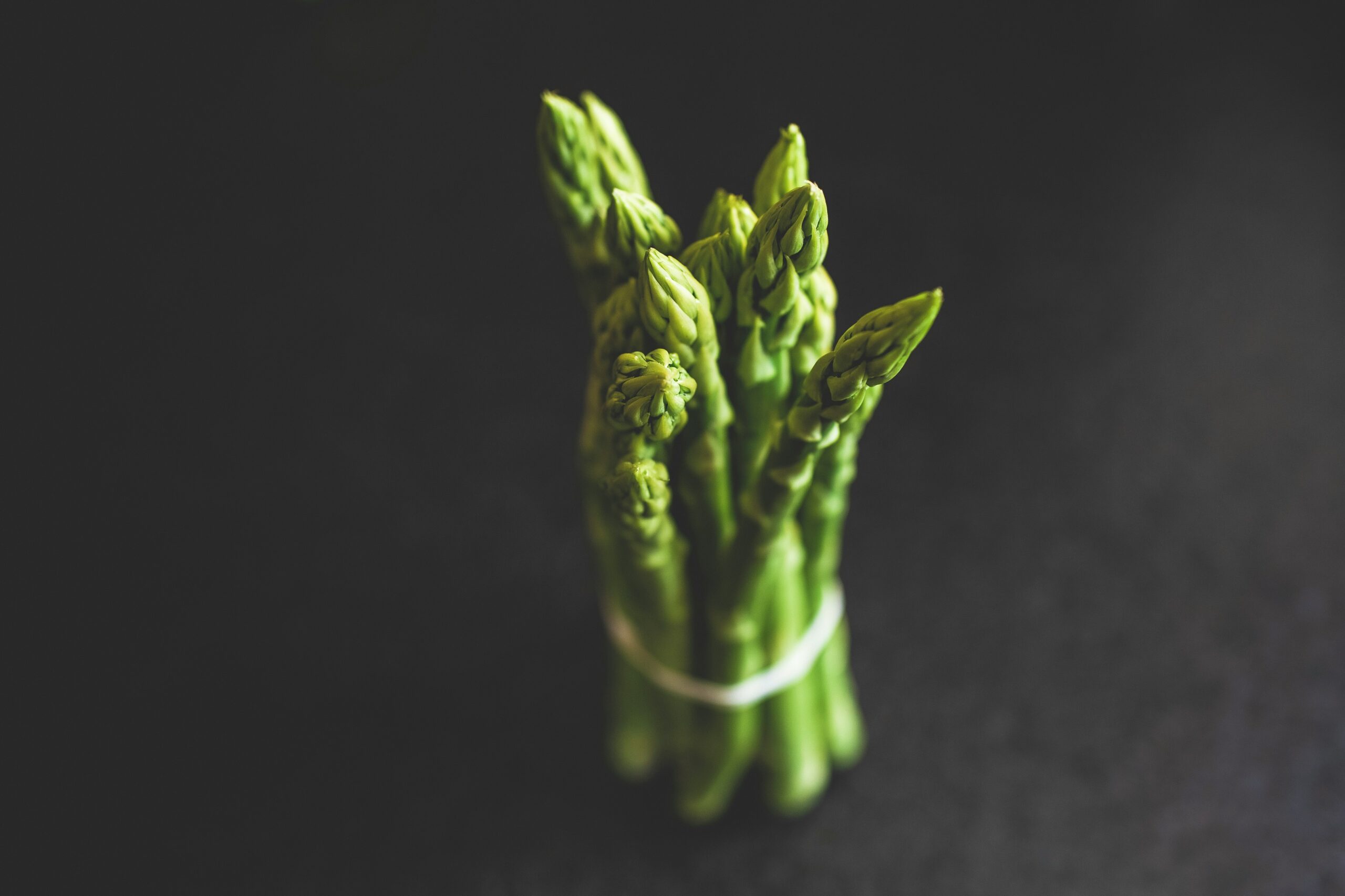
Sometimes, patients take anticoagulants; their action is aimed at slowing down the process of formation of clots. Such “blood thinning” tablets are often used for ischaemic heart disease. However, they can also be very effective in preventing secondary infarction and as a measure of protecting against the consequences of the disease. In this regard, such patients should eat asparagus in manageable quantities. All because this vegetable has a lot of vitamin K![]() . This ingredient may decrease the effect of these drugs.
. This ingredient may decrease the effect of these drugs.
This is not a contraindication but a side effect of eating asparagus. Indeed, some people report that after eating these vegetables, a specific, noticeable, sharp urine odor rises from their body. These results are derived from the secretion of specific sulphur![]() compounds in the urine after they pass through the metabolism of asparagus. This effect is normal and safe, though some might find it unpleasant.
compounds in the urine after they pass through the metabolism of asparagus. This effect is normal and safe, though some might find it unpleasant.
Table of Contents
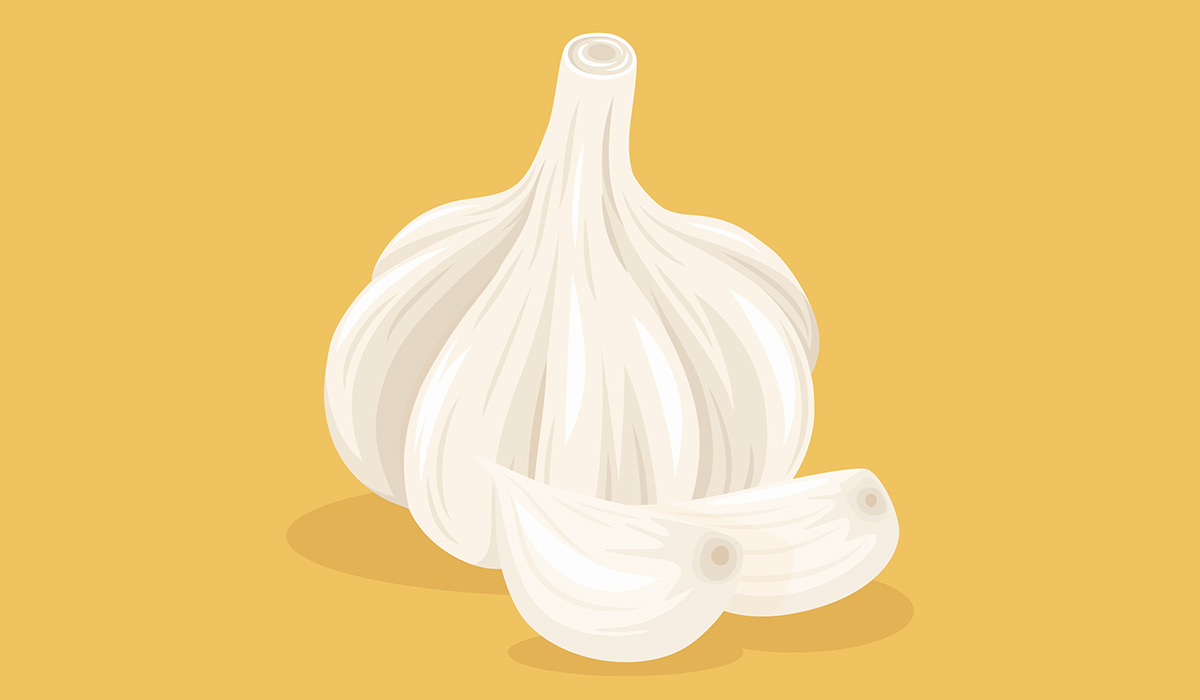
Garlic is a vegetable with many health benefits. But it also has side effects and contraindications. Expand your knowledge of… read more »
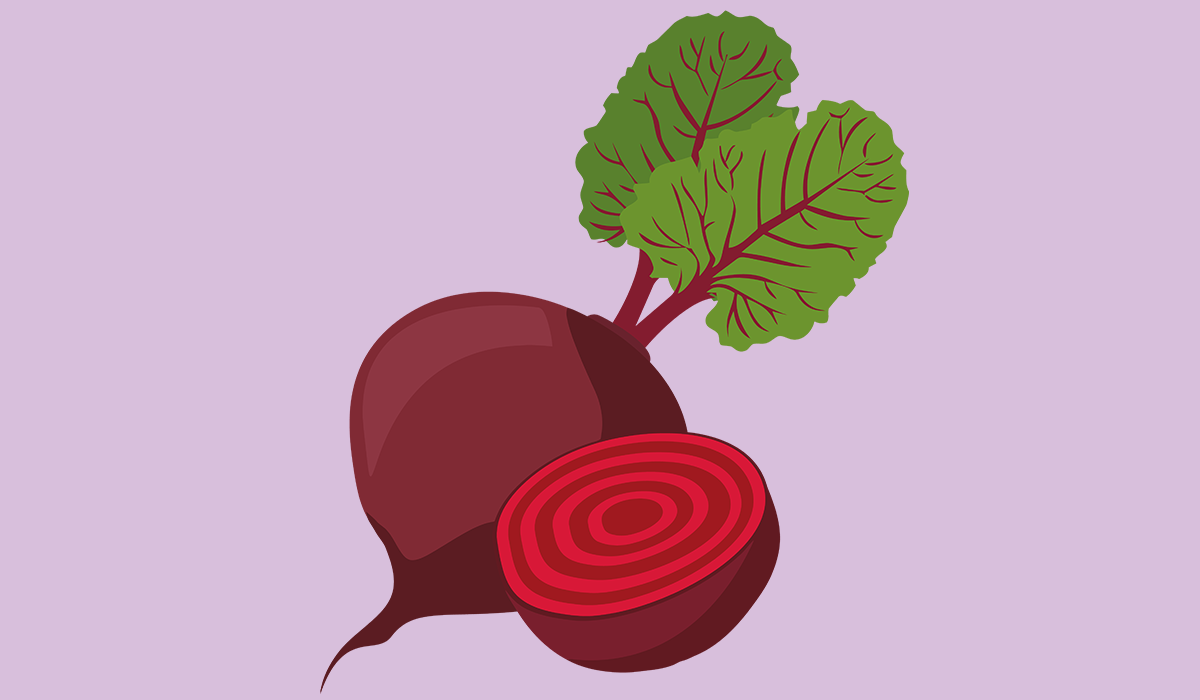
Beetroot is a very healthy vegetable full of many bioactive elements. Learn about the numerous health benefits of these plants… read more »
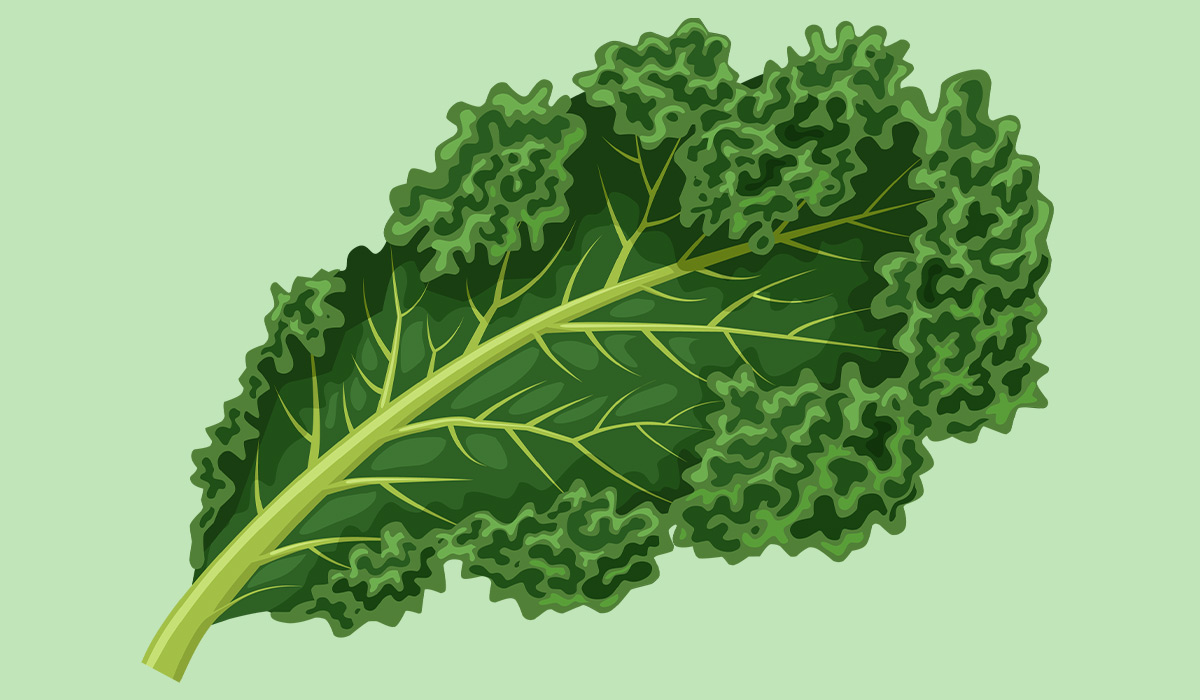
Kale is an unusual leafy vegetable. It boasts many health benefits thanks to its valuable ingredients. Want to find out… read more »

Spinach is a vegetable in the form of green leaves that conceal many nutrients. But some people cannot benefit from… read more »

Jicama is a vegetable that offers various health benefits. Let's explore the nutrients present in jicama and discover some simple… read more »

Echinacea is a plant with beautiful flowers and many health benefits. Learn about the properties of coneflowers products and safety… read more »
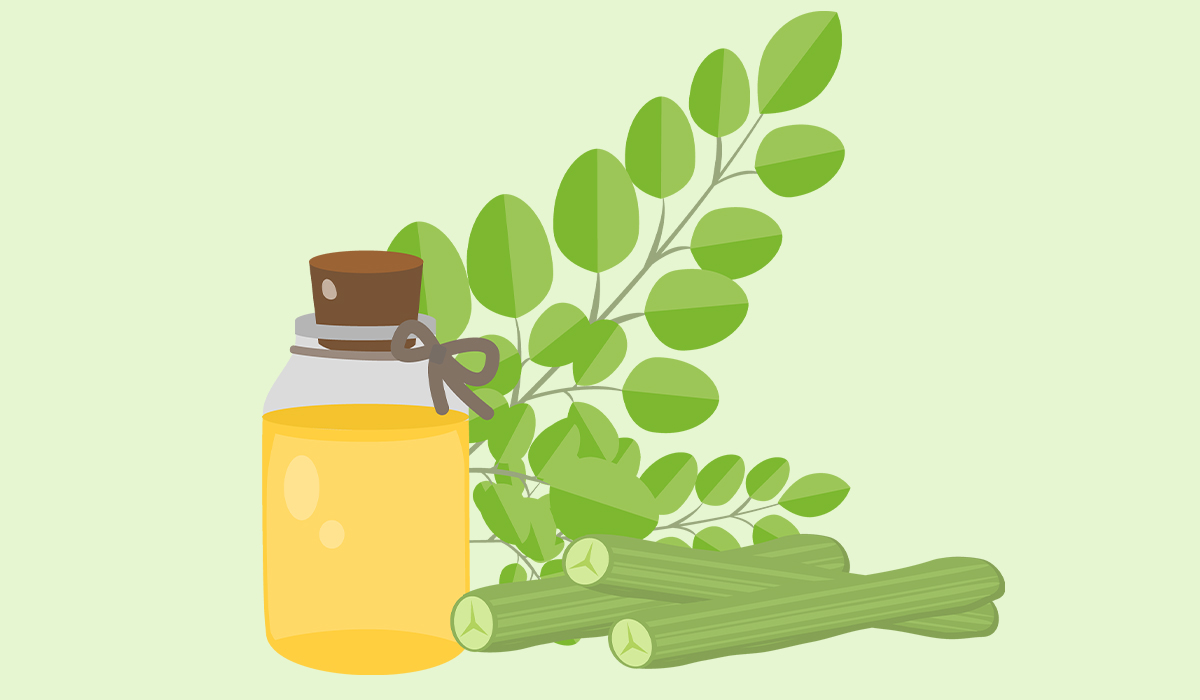
Moringa is a plant with valuable properties. Read about the benefits of consuming moringa leaves. You will also find dosage… read more »
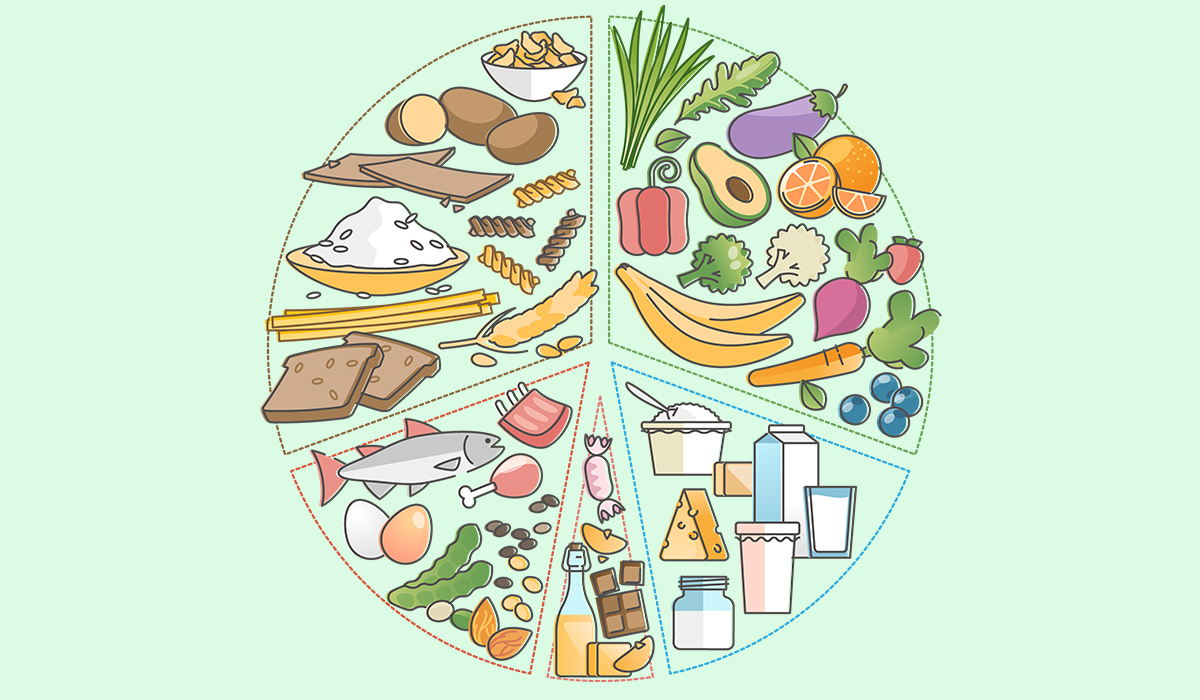
The DASH diet is a diet ideal for improving hypertension. In addition, it also has many other benefits. Learn about… read more »
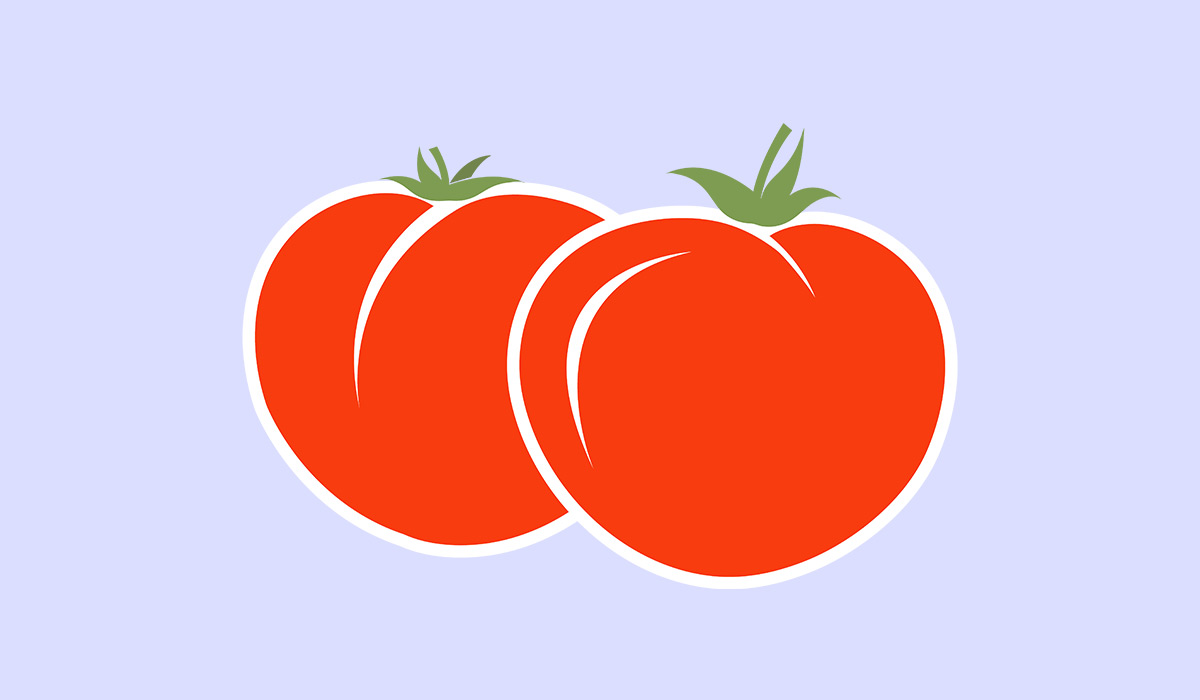
Tomatoes are very tasty vegetables that have many health benefits, thanks to their nutrient content. However, there are also contraindications.… read more »